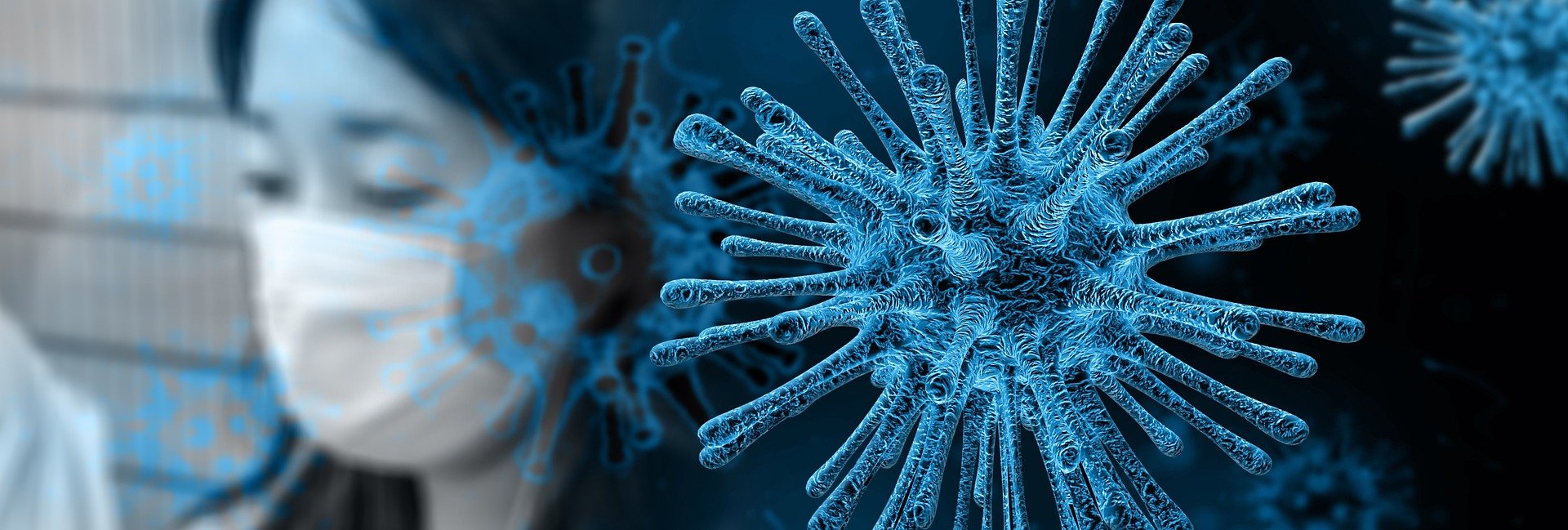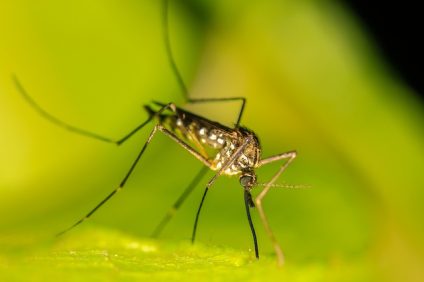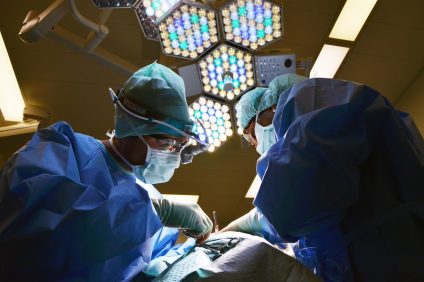Researchers from the University of Calabria on the front line to defeat the Coronavirus. There is an important result these days on synthetic antibodies that would be able to block the virus. How? According to the first results of the research, the synthetic antibodies designed and synthesized by the researchers of theUnical, in collaboration with the Macrofarm spin-off, are able to significantly inhibit Sars-Cov-2 replication. "We have been designing and synthesizing 'monoclonal-type2' antibodies over the past five months, working at a fast pace." This was explained by Francesco Puoci, associate professor of the Department of Pharmacy and Health and Nutrition Sciences of the University of Calabria. "The research is long and we cannot yet say that we have found an effective treatment for Covid, but the results have been encouraging so far."
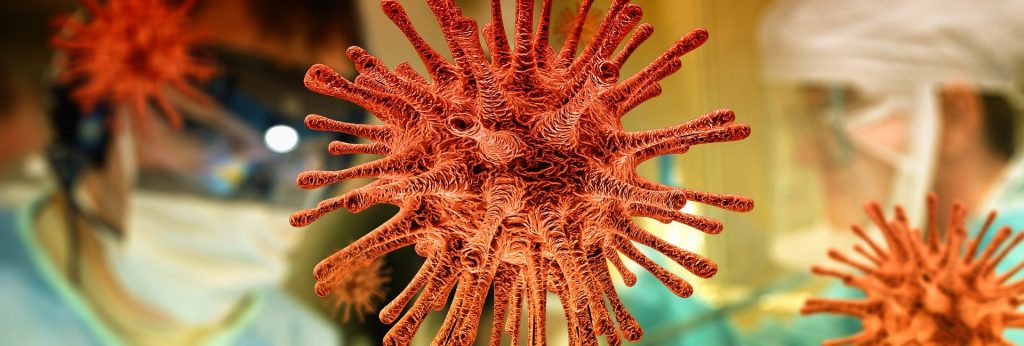
“Developing a possible therapy is essential because the vaccine alone may not be enough, at least in this first phase. Our antibodies - he adds - would then have an important advantage. Precisely because 'synthetic' have, compared to 'organic', greater stability and lower production costs ". Therefore a therapy, not a vaccine. Professor is also working on this front at the University of Lausanne Francesco Stellacci who, with his group, is looking for a broad spectrum antiviral. “The idea has something similar - Professor Puoci specifies - but the technological approach is different. Our material offers a strong specificity of action for a single virus ".
The first results of the research from the University of Calabria are encouraging
These results from Unical, which at first seem very promising, are the outcome of “the first tests conducted on the virus, isolated from patients, by the group of professors Serena Delbue and Pasquale Ferrante. Headquarters, the Molecular Virology laboratory of the Department of Biomedical, Surgical and Dental Sciences of the Università degli Studi di Milano Statale ". As the pandemic accelerates in the world in an increasingly alarming way, and in Italy it has important numbers in many regions (albeit in different ways, for now, compared to last spring), this research gives hope. There is a lot of talk about vaccine trials, but those about possible therapies could also be very important.
Antibodies against Coronavirus spike proteins
The work of researchers from the University of Calabria confirms this. How is it developing? “The Calabrian researchers - explain to Unical - also carried out in silico tests, computer simulations, in collaboration with Dr. Roberta Galeazzi at the Molecular Modeling Laboratory of the Department of Life Sciences of the Marche Polytechnic University.
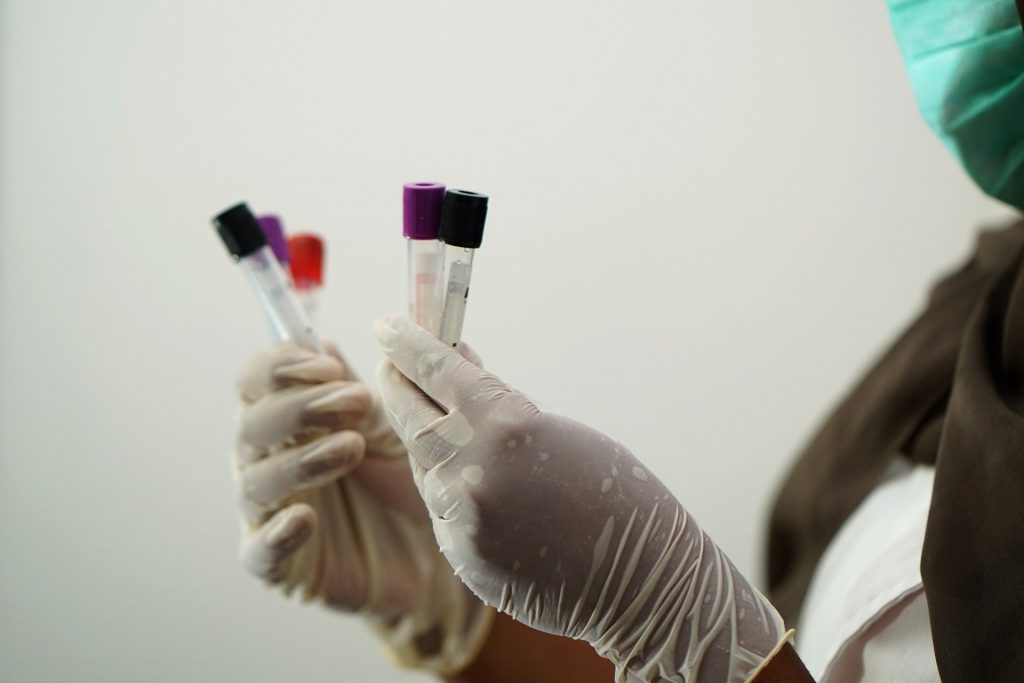
Based on the data obtained from the in silico studies, different 'monoclonal-type' antibodies were designed and synthesized. These antibodies are directed against different portions of the Coronavirus spike proteins, the proteins that 'decorate' the surface of the virus. They represent one of the most interesting targets for the development not only of antibodies but also of vaccines and therapeutic and diagnostic agents ". Having done this work, “The Unical team is starting safety studies for experimentation in vivo". An indispensable step to then move on to the development of therapy. How does this Coronavirus "opponent" work technically? Professor Puoci explains: “Our technology is based on the 3D engineering of molecular memory polymers.
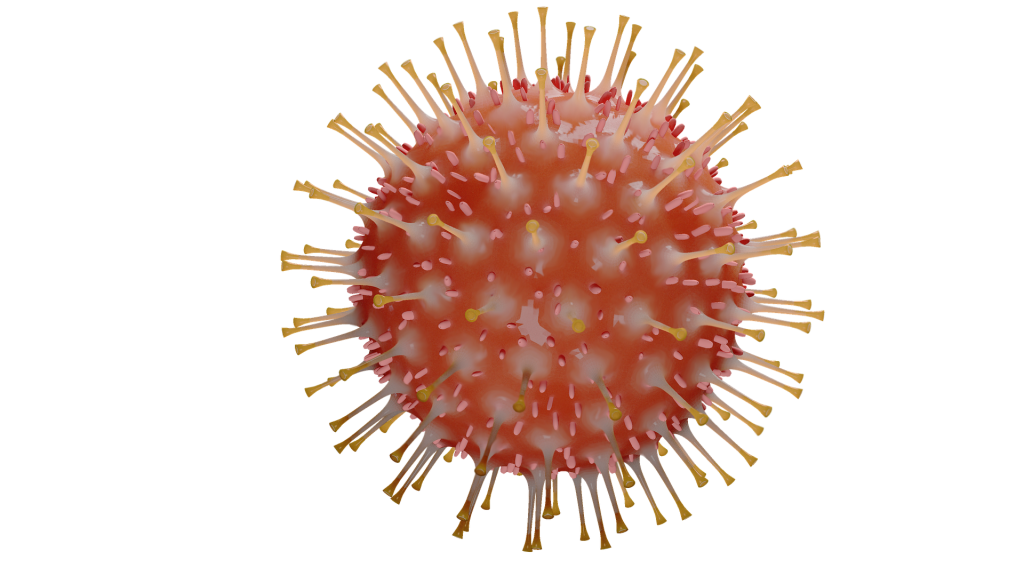
These polymers are able to recognize and capture different portions of the spike protein ". Of the five synthetic antibodies that have been developed by the researchers, they explain to the University of Calabria, "Three inhibited Coronavirus replication with percentages of over 80 percent, one over 90 percent". The results are encouraging. The research, which is part of the UnicalvsCovid19 campaign, ignites hopes.

